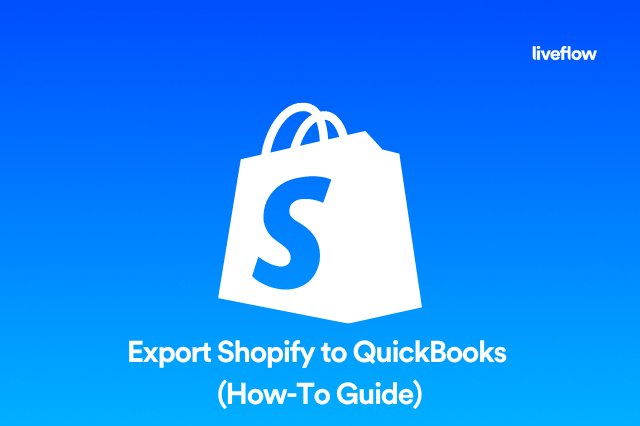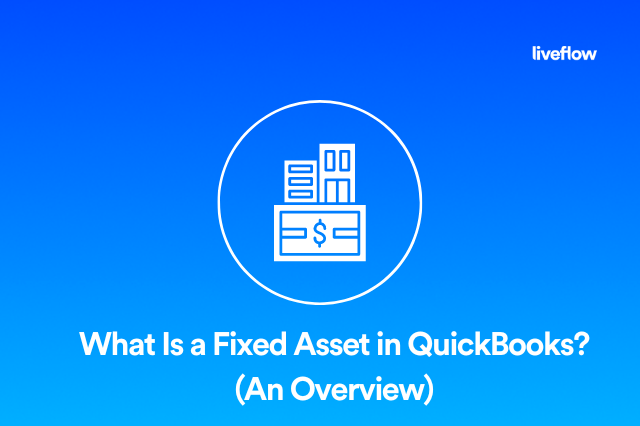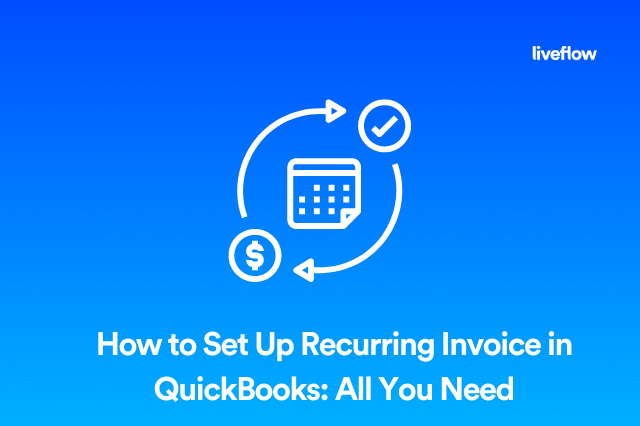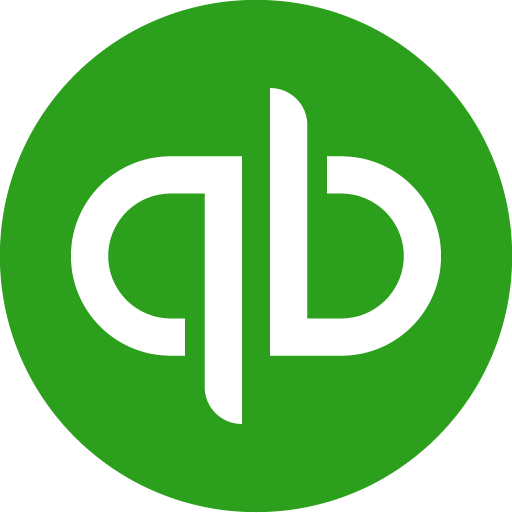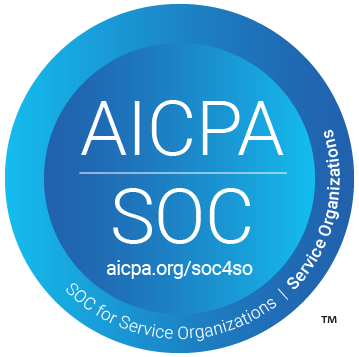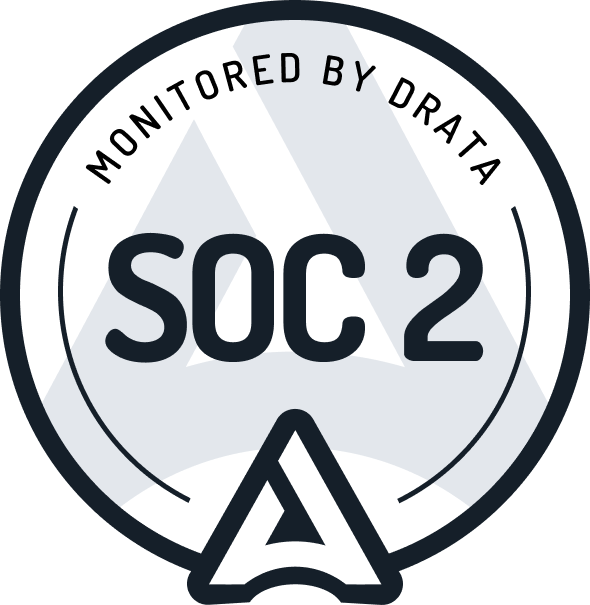The answer to the question of what is a fixed asset in QuickBooks is the same as the answer to the same question in the real world. Fixed assets are assets you own that are intended to be retained and used for the long term rather than being converted into cash relatively quickly.
Some examples of fixed assets that you might enter into QuickBooks are property or real estate, vehicles, equipment, and even computers and software if they are intended for long-term use in your business. Here’s the rest of what you need to know about what is a fixed asset in QuickBooks.
What Is the Opposite of a Fixed Asset?
If you’re wondering what is a fixed asset in QuickBooks, you might also want to know what is not a fixed asset. The opposite of a fixed asset is a current asset.
These are things like cash or anything that could be turned into cash quickly – usually within the space of a year. So this might be things like inventory or stock.
What Is a Fixed Asset List In QuickBooks?
The next question you might have is what is a fixed asset list in QuickBooks. Technically, in QuickBooks online, this is known as the Fixed Item Asset List. This is a detailed list of fixed assets where you can enter various information about the fixed assets you own, including what you paid for them, when and where they were bought and whether they were purchased new or used.
Why Does Tracking Fixed Assets Matter?
Now that you know what is a fixed asset in QuickBooks and what is a fixed asset list in QuickBooks, the next question you might want to ask is why it matters that you track these items in your accounting system. There are several reasons.
First, there is the potential effect on your taxes. When you invest in certain types of fixed assets, you might be entitled to a tax deduction, which can reduce the amount of income tax your business owes at the end of the year. You will also be able to deduct any sales tax when you prepare your taxes at the end of the year, so any new fixed assets you purchase could reduce your tax bill considerably.
Fixed assets are also part of the overall worth of your business, which could be a factor if you ever need to access business funding or if you want to sell your business in the future.
Finally, it’s important to have a list of the value of various assets that you can review from time to time to ensure that owning those assets still makes business sense.
When Should You Add Assets to QuickBooks?
As with most accounting processes, you should add fixed assets to your QuickBooks accounting system as soon as possible after they have been purchased and paid for. The sooner you update your accounting system with any new purchases, debts or income, the more accurate the financial figures your team is working with will be.
Create a Live Link to Assets, Sales Figures and More
Some of the most important things any business can do for their finances is to keep track of what they own, what they earn, and what they owe. However, while there’s a good chance your accounting and finance team has direct access to this information (and knows how to interpret QuickBooks report), some people who need these figures might not.
One solution is to export data from QuickBooks and then create custom spreadsheet-based reports to share critical financial data with your core management team. However, that can be time-consuming, it has to be done manually, and there’s always a chance that by the time you share it, It’s already out of date.
That’s why we built LiveFlow. LiveFlow is a platform that allows you to create a live, real-time link between key QuickBooks data and pre-built templates or bring live data to any customized report you already have – without any manual exports, data formatting or hands-on effort. This means that whenever something changes in QuickBooks, the mapped data fields on your reports change too. So everyone is always working with the latest information.
If you’d like to find out more about how LiveFlow can keep your accounting team in the loop about fixed assets or you'd like to explore the potential of your QuickBooks data, reach out to the team. We’re always happy to answer questions or schedule a demo.
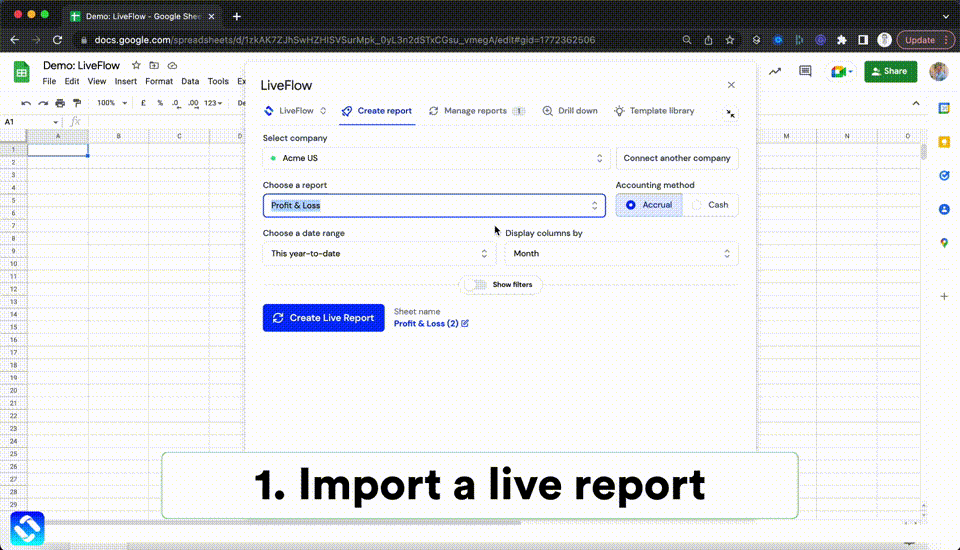

.png)

